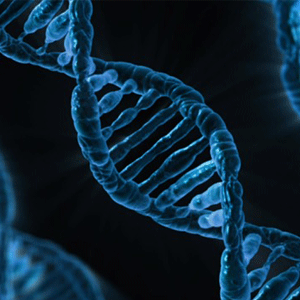
Some aspects of attractiveness are common and may even be programmed into your genes, according to the researchers. For example, many people prefer symmetrical faces.
But beyond a few shared preferences, people have wide-ranging definitions of attractiveness, according to the authors of the study published in the journal Current Biology.
Read: Your voice carries sexual cues
"We estimate that an individual's aesthetic preferences for faces agree about 50 percent, and disagree about 50 percent, with others," research co-leaders Laura Germine, of Massachusetts General Hospital and Harvard University in the US said.
"This fits with the common intuition that on the one hand, fashion models can make a fortune with their good looks, while on the other hand, friends can endlessly debate about who is attractive and who is not," they added.
Researchers assessed the facial preferences of more than 35,000 people who took an online test. Then they asked 547 pairs of identical twins and 214 pairs of same-sex, non-identical twins to rate the attractiveness of 200 faces.
Read: The science of beauty evolves
Using identical and non-identical twins let researchers estimate the extent to which genes and environmental factors influence preferences.
"The types of environments that are important are not those that are shared by those who grow up in the same family, but are much more subtle and individual, potentially including things such as one's unique, highly personal experiences with friends or peers, as well as social and popular media," Germine said in a journal news release.
The findings could help improve understanding of human social evolution, according to the researchers. The next step is to identify environmental factors that play the strongest role in shaping facial preferences, they added.
Read more:
'Genes' may be just an excuse for overeating
Scientists figure out how obesity gene works
Could stem cells hold the key to fixing genes responsible for blindness?
Image: Double helix from Pixabay




 Publications
Publications
 Partners
Partners











